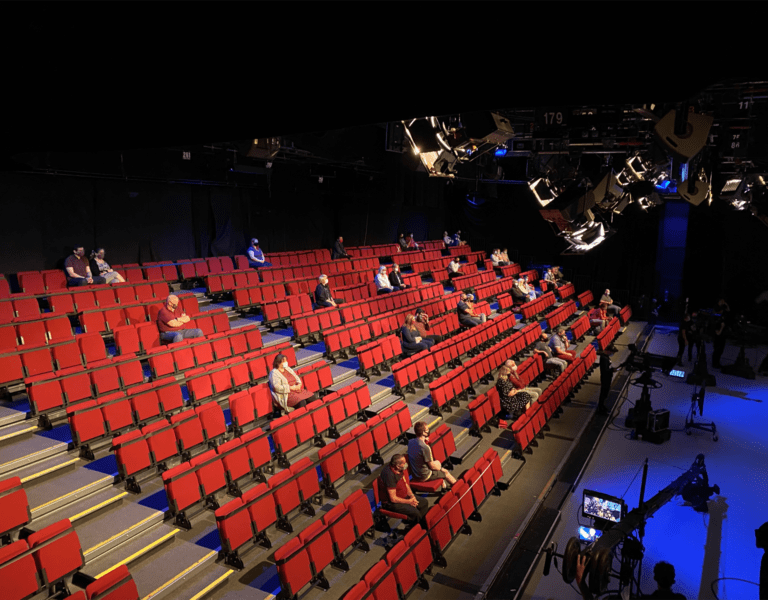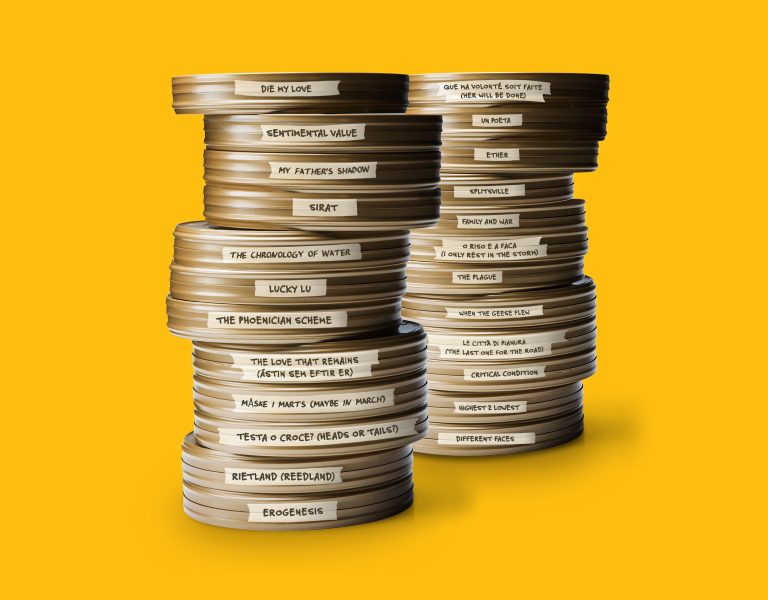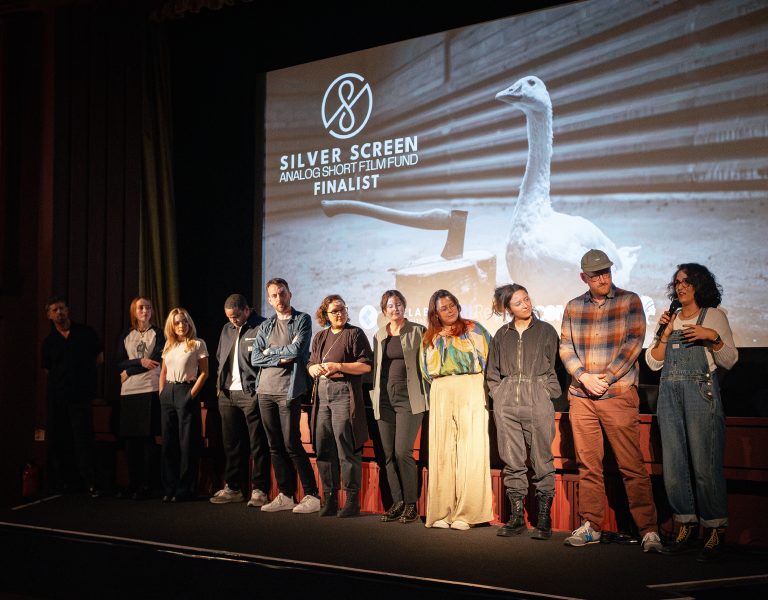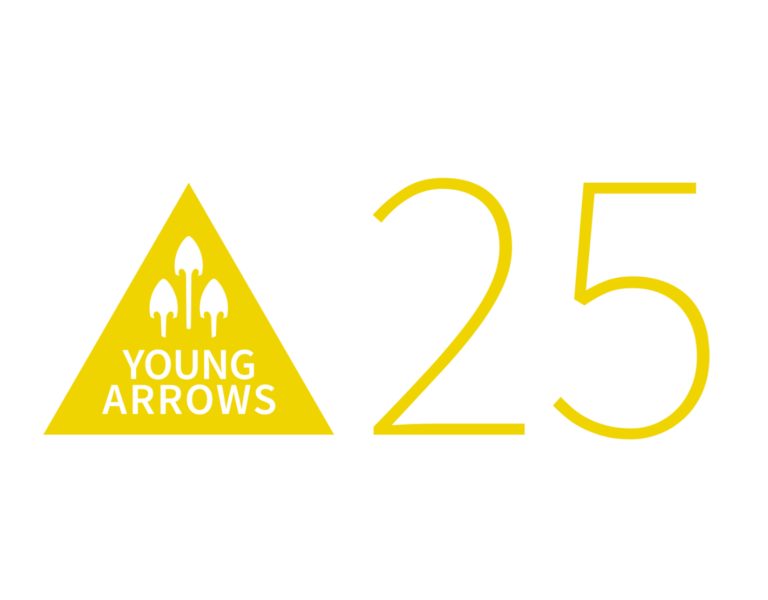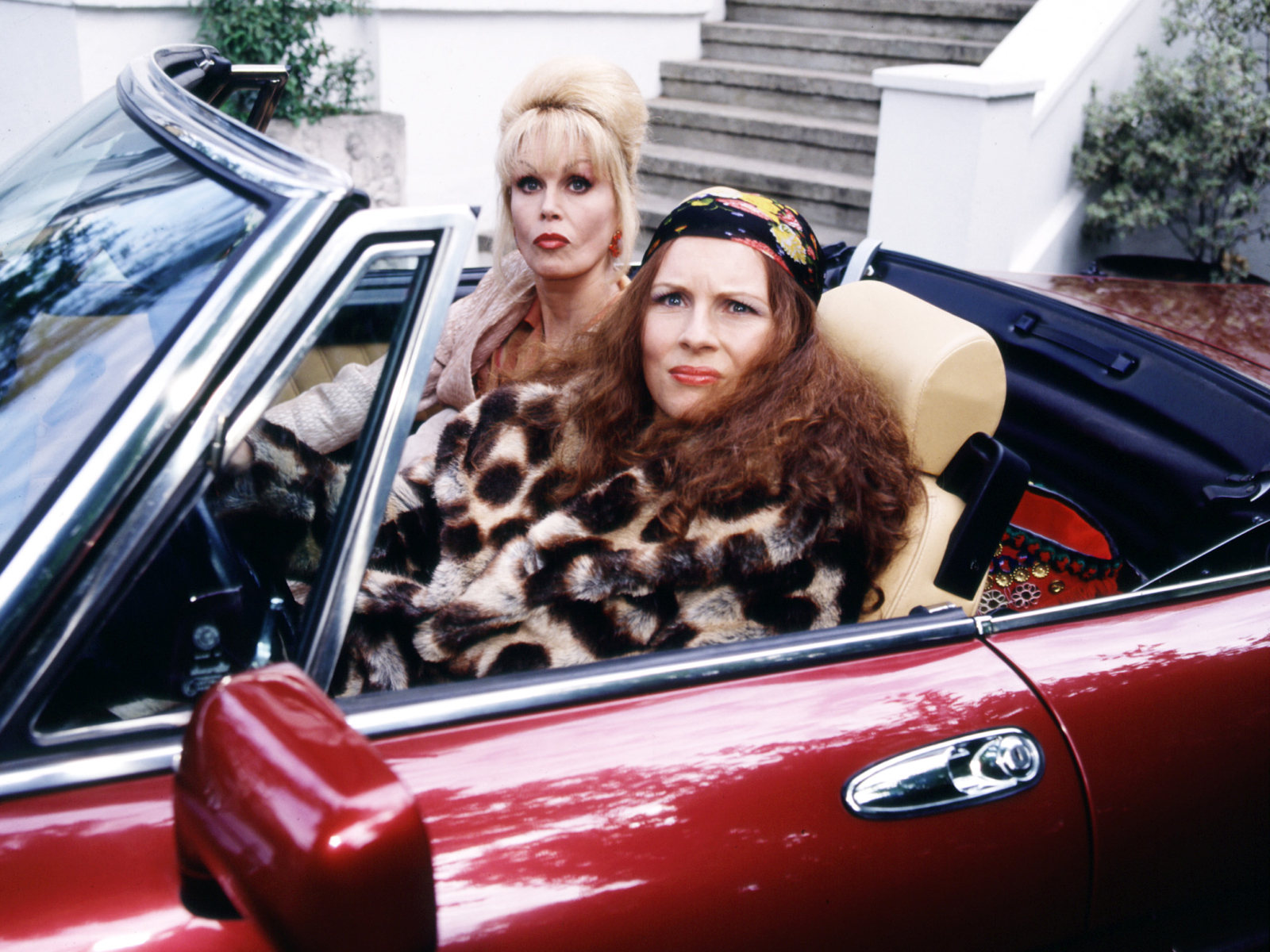
The BFI announces BFI’S 100 BBC Television Gamechangers, its curated list of the innovative BBC TV programmes that have had a significant impact on television and society, since the BBC began broadcasting a regular television service in 1936.
To coincide with the BBC’s centenary throughout 2022, the list celebrates the shows that have made and remade genres, shaped social attitudes and transformed television itself, demonstrating that the BBC has been a constant pioneer from its inception to the present day. There will also be a season of screenings and special events celebrating programmes in the Gamechangers list at BFI Southbank in October and November 2022, a special event in the forthcoming BFI & Radio Times Television Festival, and a selection of the programmes in the list will also be screened on BBC4 throughout the rest of 2022.
The 100 gamechanging programmes include seminal soap opera EastEnders, Dennis Potter’s Pennies from Heaven, which helped revolutionise the creative possibilities of TV drama, and those dramas that merit ‘instant gamechanger’ status including I May Destroy You. Boundary-pushing comedies and satirical programmes whose influence can be felt on the airwaves today, such as That Was the Week that Was and Goodness Gracious Me, are also featured. The broadcaster’s non-fiction and current affairs programmes have documented some of the defining moments of the last century, perhaps none more-so than The Coronation of Queen Elizabeth II, while the BBC Natural History Unit and Sir David Attenborough became a global phenomenon with Life on Earth, and have continued to captivate audiences ever since. Beloved and long-lasting children’s TV like Blue Peter and Playschool are also included, as are more recent innovative programmes for young people, such as Horrible Histories and Something Special. As the original UK public service broadcaster, the BBC has upheld the core principles of “inform, educate, entertain” remarkably well; the latter of these principles, to entertain, is exemplified on our list by stalwarts of the airwaves such as The Eurovision Song Contest, Mastermind, The Proms, and, more recently, Strictly Come Dancing.
The BFI Gamechangers list does not always feature the most popular or famous examples from a genre, but seeks to foreground the work that acted as catalysts, inspired others, altered perceptions or broke new ground. The list highlights the vital BBC programming made by and about underrepresented communities, from The Real McCoy and Vision On to The Chinese and Oranges Are Not the Only Fruit, recognising and celebrating those who overcame longstanding barriers to bring their stories and voices to the screen. Although these programmes may have resonated with audiences, their successes did not always immediately lead to the creation of more content that was truly representative of UK audiences, however, many are now recognised as important landmarks in their representation of marginalised communities.
With today’s global audience’s growing appetite for high-end television, now is a perfect moment to gauge how the BBC has helped shape the nature of the medium both in the UK and beyond.
Lisa Kerrigan, BFI senior curator of television, said: “The programmes on our list had gamechanging impacts on television itself, while also highlighting the ways in which BBC TV has changed us as a nation and beyond. The list was developed by contributors from across the BFI, and shaped by a core group of BFI TV curators and programmers, and it reflects the astounding history, variety and achievement of BBC television. It was a difficult task to select just 100 Gamechangers and we fiercely debated the importance of each title. There are many more that we could have included, and we welcome those inevitable discussions, which are testament to the monumental contribution that the BBC has made to British television, and our lives, over the decades.”
James Stirling, BBC 100 executive editor, said: “The BFI’s expert team of curators have produced a fascinating list of BBC TV programmes that have transformed broadcasting over the last 100 years, both across the UK and around the world. BBC Four will delve into the BBC’s library of rich content to share a selection of the boundary-pushing and era-defining dramas from the BFI’s list with audiences throughout centenary year with a new Wednesday night slot.”
As custodians of the nation’s screen heritage, television culture has been at the heart of the BFI’s mission for decades. The BFI’s team of television curators and programmers, responsible for caring for television heritage and making it accessible to audiences through the BFI’s platforms, are uniquely placed to cast an analytical eye over the BBC’s television history and highlight these 100 titles to mark the Corporation’s century of broadcasting.
This year’s BFI & Radio Times Television Festival, taking place at BFI Southbank and BFI IMAX from 20-22 May will feature a special event dedicated to one of the Gamechangers on the list, The Coronation of Queen Elizabeth II. For the most ambitious and technically difficult broadcast the BBC had ever tackled, the corporation turned to its senior broadcaster, Richard Dimbleby, to relate the story of the Coronation to 12 million viewers in the UK. For this special TV Festival event, Jonathan Dimbleby will introduce footage from the BBC’s coverage of the day and revisit his father’s epic contribution to a piece of television history.
A season of screenings and special events celebrating programmes in the Gamechangers list will also be at BFI Southbank in October and November 2022, while a selection of the programmes in the list, including Our Friends in the North, Buddha of Suburbia, Oranges are not the Only Fruit, The Billy Plays, The Boys from the Blackstuff, and many more will screen on BBC4 throughout the rest of 2022. Details of the BFI Southbank season will be announced later in the year.
–
Selected highlights of BFI’S 100 BBC TELEVISION GAMECHANGERS, listed by genre:
A link to the full list of 100 programmes is in the Notes to Editors. The full list can also be explored in detail on the BFI Website from midnight on 28 April (www.bfi.org.uk/lists/100-bbc-tv-gamechangers).
DRAMA
- Beginning modestly in 1962 as a family-friendly tea-time adventure series, DOCTOR WHO (1962-89 / 2005 – present) developed into the longest running TV sci-fi series in the world. The early years were an inspiration for a generation of talents that followed, including writers Russell T Davies and Steven Moffat who both became show runners on the 21st century incarnation of the show.
- The strand for advancing drama to new areas, THE WEDNESDAY PLAY (1964 – 1970) included titles like Ken Loach’s CATHY COME HOME which had a huge social impact and pseudo-documentary THE WAR GAME, which was banned from broadcast but had a huge impact when it was released in cinemas, winning the Oscar for Best Documentary in 1967. The strand developed into PLAY FOR TODAY (1970-84), where countless more writers and directors forged their careers.
- The first British television series to be written, acted and directed predominantly by black artists, EMPIRE ROAD (1978 – 1979) propelled the careers of some of the leading Black actors of the time including Corinne Skinner-Carter, Norman Beaton and Rudolph Walker. EMPIRE ROAD was a trailblazer that went on to influence many other television programmes exploring Britain’s expanding multi-cultural population.
- EASTENDERS (1985 – present) took the soap opera to a new level by combining dark drama with social realism. Hard-hitting storylines dealing with AIDS and mental illness had a huge social impact, while standout episodes featuring single characters developed the genre. It should however be noted that EASTENDERS is not the BBC’s longest running soap; that accolade goes to another gamechanging soap POBOL Y CYM (1974 – present), which has, for almost fifty years, depicted the life of the residents of Cwmderi – a fictional, Welsh speaking, agricultural community.
- ORANGES ARE NOT THE ONLY FRUIT (1990) burst onto screens at a time when lesbian characters were rarely, if ever, shown. It was a brave, original, and innovative depiction of queer teenage love. The powerhouse performances, well-paced screenplay, and inventive coming of age motifs, are what cements its place as one of the best television dramas of all time.
- Encompassing the radical politics of the left, the miners’ strike, local government corruption, the swing to the right in British politics, OUR FRIENDS IN THE NORTH (1996) achieved a Shakespearean power to define a period and a country, making it one of the finest ‘State of the Nation” dramas ever produced. In defining a whole era it redefined what television drama could achieve.
- CALL THE MIDWIFE (2012 – present) appeared in the guise of a cosy Sunday night drama, but revealed itself to be a hard-hitting insight into the realities of reproduction in the 1950s and 1960s which still resonates heavily in the present. Nowhere else on television devotes such care to the complexities of pregnancy, birth and parenthood.
- Featuring drug use, simmering sexual tension and crackling dialogue, THIS LIFE (1996 – 1997 / 2007) was a zeitgeist drama, and though it was aimed at twentysomethings like the protagonists Miles, Milly, Egg, Warren and Anna, it appealed to a wide range of viewers from teens onwards. With its candid portrayal of sex, both gay and straight, the series paved the way for other dramas like Russell T Davies’ landmark QUEER AS FOLK.
- Michaela Coel’s I MAY DESTROY YOU (2020) defies the boundaries of TV drama in its wide-ranging exploration of sexuality, race, class, consent, authorship and friendship. As writer, creator, executive producer and star, Coel combines drama, comedy and fantasy to create a truly game changing masterpiece that paves the way for what is possible in television drama when artists are supported to tell deeply personal and painful stories with complete creative freedom.
COMEDY AND SATIRE
- THAT WAS THE WEEK THAT WAS (1962-63) was a biting satirical sketch show hosted by David Frost, featuring a new generation of comedians and commentators. Previously television had steered clear of the controversy of satire but this sharp and ‘live’ attack on those with power and influence brought a new wave of irreverent talents to the small screen.
- STEPTOE AND SON (1962-65 / 1970-74) heralded the birth of a more adult-oriented comedy genre and was the first UK sitcom format to be sold to the US, eventually becoming SANDFORD AND SON.
- ABSOLUTELY FABULOUS (1992-2012) redefined female comedy. Many contemporary unruly female protagonists, such as Phoebe Waller-Bridge’s FLEABAG, can be traced back to Ab Fab and the iconic duo of Edina Monsoon and Patsy Stone.
- The hugely popular sketch show GOODNESS GRACIOUS ME (1998 – 2001) anchored itself in the nation’s hearts with its timeless comedy and on-point observations about integration, British culture and Asian culture and continues to be a strong source of influence on many successful comedy shows exploring British-Asian life.
- Satirical comedy THE THICK OF IT (2005 – 2012), with its acerbic dialogue and steady stream of innovative obscenities, seemed to get so uncomfortably close to the truth of the chaotic power struggles of British politics, that it has inflected the world of British politics ever since.
- An unprecedented success story across multiple platforms, PEOPLE JUST DO NOTHING (2012 – 2018) began life as a ‘fake garage’ show on a real pirate radio station before the creators began putting skits out on YouTube; that led to a BBC commission and five series, followed by a feature film, an album, a podcast and multiple gigs at music festivals worldwide.
DOCUMENTARY AND CURRENT AFFAIRS
- A defining moment in the history of broadcasting, coverage of THE CORONATION OF QUEEN ELIZABETH II (2 June 1953) marked a turning point in the attitude of people towards the medium of television, proving it could relay a massive state occasion as competently as radio. Although only 2.3 million home sets were in operation it was estimated that 20 million people in the UK alone watched the broadcast, crowded around home sets or in public places. Almost overnight television came of age and the success of the technologically dazzling broadcast accelerated the sales of television sets across the nation.
- While it is has not escaped criticism in its almost seventy years on the air, PANORAMA (1953 – present) created a benchmark for how to produce current affairs on TV and set the standard many were to follow, delivering long-form, meticulously researched documentary programmes week after week.
- The warm and familiar astronomy series THE SKY AT NIGHT (1957 – present) has brought the universe to our living rooms for 65 years with its monthly glimpse into space, sharing the thrills of comets, meteor showers, satellites and manned space missions.
- With CIVILISATION (1969), renowned Art Historian Kenneth Clark brilliantly exploited the new medium of colour television to bring a detailed history of Art to a mass audience. Three years in the making, it set the benchmark for arts broadcasting for many years, including its own 2018 follow-up CIVILISATIONS, presented by Simon Schama, Mary Beard and David Olusoga.
- The epic 13 part series LIFE ON EARTH (1979), presented by Sir David Attenborough, traced the origins of life on earth and made the BBC’s natural history programming, and Attenborough himself, a global phenomenon that continues to this day.
- The three-part astonishingly moving documentary EXODUS: OUR JOURNEY TO EUROPE (2016) followed refugees and migrants as they make dangerous journeys across Europe in the hope of starting new lives. Where the series is revolutionary is in its approach to tracing these journeys; given it was impossible for a film crew to follow people on these treacherous attempts to cross borders, the subjects filmed part of their journeys themselves on camera phones.
CHILDREN’S TELEVISION
- The landmark children’s magazine programme BLUE PETER (1958 – present), which encouraged children to engage with the outside world through arts and crafts, charity campaigns and earning an all-important Blue Peter badge, is an essential part of childhood in Britain.
- A ground-breaking format with gentle learning for pre-school audiences in a home away from home studio, the influence of PLAY SCHOOL (1964-1988), with its much-loved presenters including Brian Cant, Derek Griffiths, Johnny Ball and Baroness Floella Benjamin, can still be felt daily on CBeebies.
- NEWSROUND (1972 – present), which for five decades has explained a rapidly changing world to children in ways they can understand. For adults it’s a cherished memory, for kids it remains a vital public service.
- MULTI-COLOURED SWAP SHOP (1976-82) revolutionised the Saturday morning slot with a live hours-long show aimed at children, using the interactive phone-in format extensively for the first time, influencing the likes of SATURDAY SUPERSTORE (1982-87), GOING LIVE (1987-93) and LIVE AND KICKING (1993-2001)
- TELETUBBIES (1997 – 2001 / 2015 – present) took the very youngest viewers into a bright, repetitive world full of hugs, games and silliness. Where it changed children’s TV was in its imaginative appeal to tiny viewers and its big budget formatting and design. A global commercial success airing in 120 countries in 45 languages, TELETUBBIES showed that pre-school programming could be created on an epic scale.
- Based on the popular books, HORRIBLE HISTORIES (2009 – present) is a revolutionary combination of entertainment and learning which entranced more than one generation and inspired a new comedy dynasty which would go on to produce a litany of comedy hits, including YONDERLAND, BILL and GHOSTS, that worked perfectly for the modern audience.
- SOMETHING SPECIAL (2004 – present) broke new ground through its use of Makaton signs, speech and symbols to help children learn how to communicate and develop their language skills – a truly inclusive show that made a star of Justin Fletcher, aka Mr Tumble.
ENTERTAINMENT
- The annual festival of classical music THE PROMS (1947 – present) has provided the perfect test bed for innovations in broadcast technology. Stereo transmissions, HDTV, the Red Button and binaural sound have all been tested at THE PROMS. But more than anything else, the TV broadcasts have given the nation the chance to see world-class musicians, singers and conductors performing live in their living room, a feat that paved the way for everything from Live Aid to Glastonbury.
- Technologically ambitious and massively influential in style, staging and global reach, THE EUROVISION SONG CONTEST (1957 – present) ushered in a new era of co-operative international television. In theory, the event was to be a simple celebration of the power of song, for a gracious global community which knows no borders; in practice, international politics and national temperament have inevitably played their part. Proudly provocative and diverse, it enjoys an enthusiastic, devoted following – especially amongst the LGBTQ+ community – and remains a sparkling, spectacular, thoroughly unstoppable annual treat.
- Created in an era when it wasn’t as easy to hear or see your favourite artists, TOP OF THE POPS (1964 – present) revolutionised how the nation experienced music with weekly shows featuring era-defining live performances and (later) music videos from the top singles-charting artists.
- Few television quiz shows can be said to have had the impact and intergenerational reach of THE GENERATION GAME (1971 – 1982 / 1990 – 2002). Its unique blend of pitting family against family and across the generations from Grandma to Grandson in a variety of incredibly silly tasks was turned in to comedic gold by Bruce Forsyth’s acerbic wit, wry comments and great warmth.
- The iconic quiz MASTERMIND (1972 – present), where contestants are invited to choose their specialist subjects, remains a thrilling format which provides a revealing insight into the interests and knowledge of the British public.
- At one time the World’s most successfully franchised format, STRICTLY COME DANCING (2004 – present) created a new style of TV talent show that was fiercely competitive without ever being combative – competing on Strictly takes determination, hard graft and respect for the art of ballroom dancing, and that is what makes it perennially entertaining.
- THE GREAT BRITISH BAKE OFF (2010-16) developed a new type of TV competition format, with the gentle humour of Mel and Sue and firm but fair judging from Mary Berry and Paul Hollywood; winners could expect a handshake and a nice trophy rather than a huge cash prize, and the result was a competition in which contestants of all ages and backgrounds bonded over tricky technical challenges and dreaded ‘soggy bottoms’.


